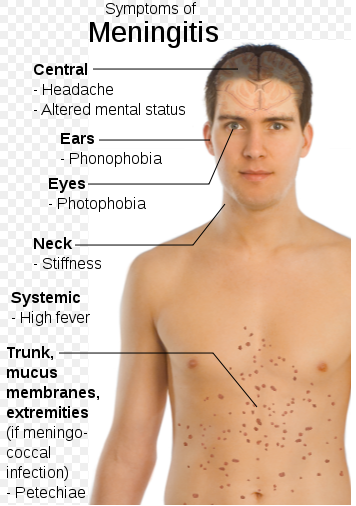Pfizer Inc. announced today that the European Commission (EC) has approved TRUMENBA® (Meningococcal Group B Vaccine) for the prevention of invasive meningococcal disease caused by Neisseria meningitidis serogroup B (MenB) in individuals 10 years of age and older. Adolescents and young adults are a critical demographic for vaccination against MenB due to inherent environmental and social risk factors such as close-quartered living and sharing behaviors.

This is only the second vaccine designed to provide broad protection against circulating MenB strains to be approved in Europe (following Bexsero® manufactured by GSK and licensed in 2013).
“The approval of TRUMENBA reflects our dedication to advancing novel vaccines that can help protect adolescents and young adults, a population at an increased risk for meningococcal disease caused by MenB,” said Luis Jodar, Chief Medical and Scientific Affairs Officer, Medicines Development, Scientific and Clinical Affairs, Pfizer Vaccines. “Though uncommon, MenB disease is unpredictable, can progress rapidly and is associated with a significant risk of death and long-term disability, demonstrating the value of immunization as a preventive measure.”
Responding to the news, Vinny Smith, Chief Executive of Meningitis Research Foundation (MRF) said, “We are delighted to see Trumenba licensed in Europe for individuals 10 years of age and older. Meningococcal B infection has for decades been the largest cause of life-threatening meningitis in the UK. Introducing the Bexsero vaccine for babies in 2015 was a major step forward. Having Trumenba licenced by the European Medicines Agency (EMA) is another positive step forward. It means that it will likely only be a matter of months before the vaccine can go on sale in Europe. It is important to have multiple tools at our disposal to combat this disease and time will tell how each vaccine can play its part in helping us to defeat MenB.”
Early symptoms can be misinterpreted as the flu, but meningococcal disease can lead to death within 24 hours. Despite antibiotic treatment, 10 to 15 percent of people with meningococcal disease will die. Of those adolescents who survive, three in five experience significant physical and mental disabilities. Adolescents remain a very important group for vaccination, as up to a quarter may be asymptomatic carriers of Neisseria meningitidis.
Related:
- Meningitis - Rare But Potentially Fatal
- Meningitis B vaccine, Bexsero, 83 percent effective according to new data
- Meningitis B vaccine, Trumenba, receives FDA approval: 1st in the US
- Trumenba meningitis B vaccine study shows good results
- Bexsero, meningitis B vaccine, to be available for babies in the UK

